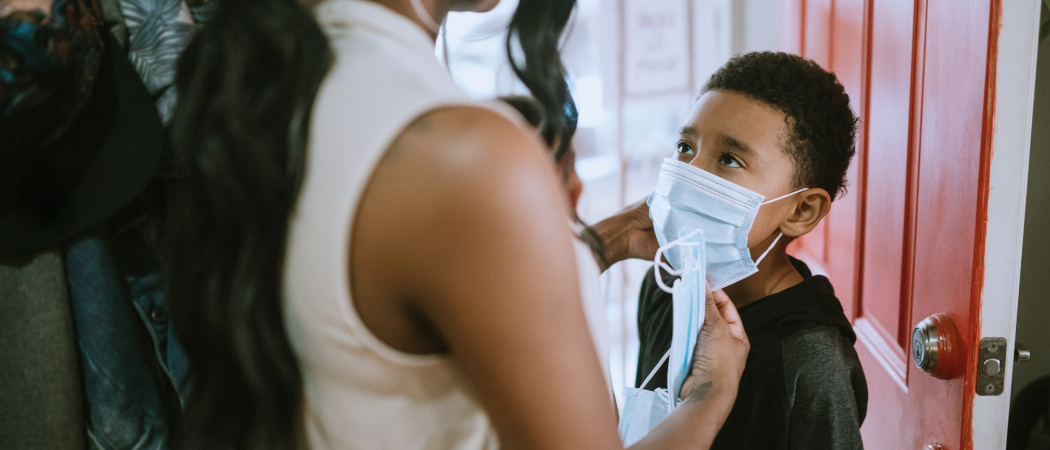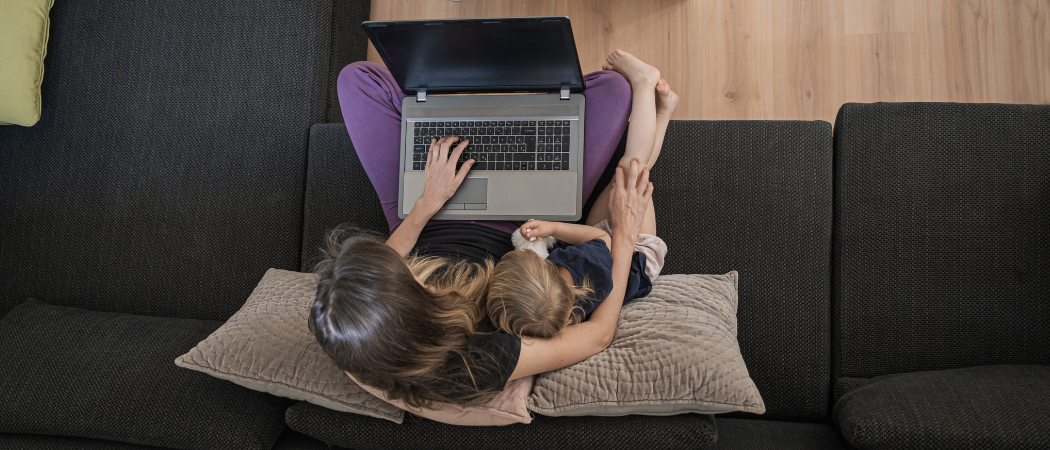As vaccinations increase and the prevalence of COVID decreases, restrictions have lessened, and life has been coming back to a new “normal.” The transition back to life after this difficult year brings with it many different emotions. While many children are excited to return to in-person school, sports and activities, they often also express worries. Here are some tips on how to help your child with the transition.
Validate
Let your child know that it makes sense to find transitions both exciting and scary, and that you understand it. Even our pets are reacting to the shift back toward no longer having us home as much! Many kids have recently expressed fears about COVID, making friends, or starting new activities. Often in our attempts to soothe our kids we say, “don’t worry” or “that won’t happen.” Instead, let them know that you get it: “It makes sense to feel worried about being inside with unmasked adults after being told to avoid that for over a year. I get why that is confusing for you!” or “I understand that it’s hard starting a camp when you don’t know anyone yet.”
Act confident
Often, we share our children’s fears, or are worried about how they will feel, which makes coping even harder. Work together with your child to check the facts and develop a plan to cope. For example, if your daughter is worried about COVID, you can help her look at the data on decreasing rates, read new studies together about the risk in children and outdoors, and learn about the safety procedures of the places she is going. If children are worried about making new friends or being away from a parent after a year stuck together all the time, plan with them about how they can engage with peers and what to do when missing home. Most importantly, act as though you know they can handle the situation and any uncomfortable feelings that may pop up.
Go slow
Transitions do not need to be all or nothing. Practice reentering life in a gradual manner: If a child is nervous about going to crowded places again, start with a small playdate or medium-size birthday party, or a hike on a trail that may be more crowded. If your child is clinging to Purell when out and about, rather than removing it altogether, discuss when it is and is not necessary and practice using it slightly less. Practice small adjustments outside of your child’s comfort zone until they feel ready for the next step.
Reward
After children practice facing new or uncomfortable situations, it is helpful to reward them. Let them know you are proud of them and allow them a special treat or activity to reinforce their success.
Consider what parts of this year you want to include in your “new normal”
While this past year involved many losses, both of loved ones and of missed milestones and activities, there have been some aspects that many have enjoyed. Some parents have enjoyed not commuting and spending more time with their kids. Some kids have preferred more unstructured time to play and less pressure. Discuss with your child what you each hope your new normal may look like as COVID wanes and what new limits may need to be reinstated, such as reduced screen time, as we can safely reenter society.


